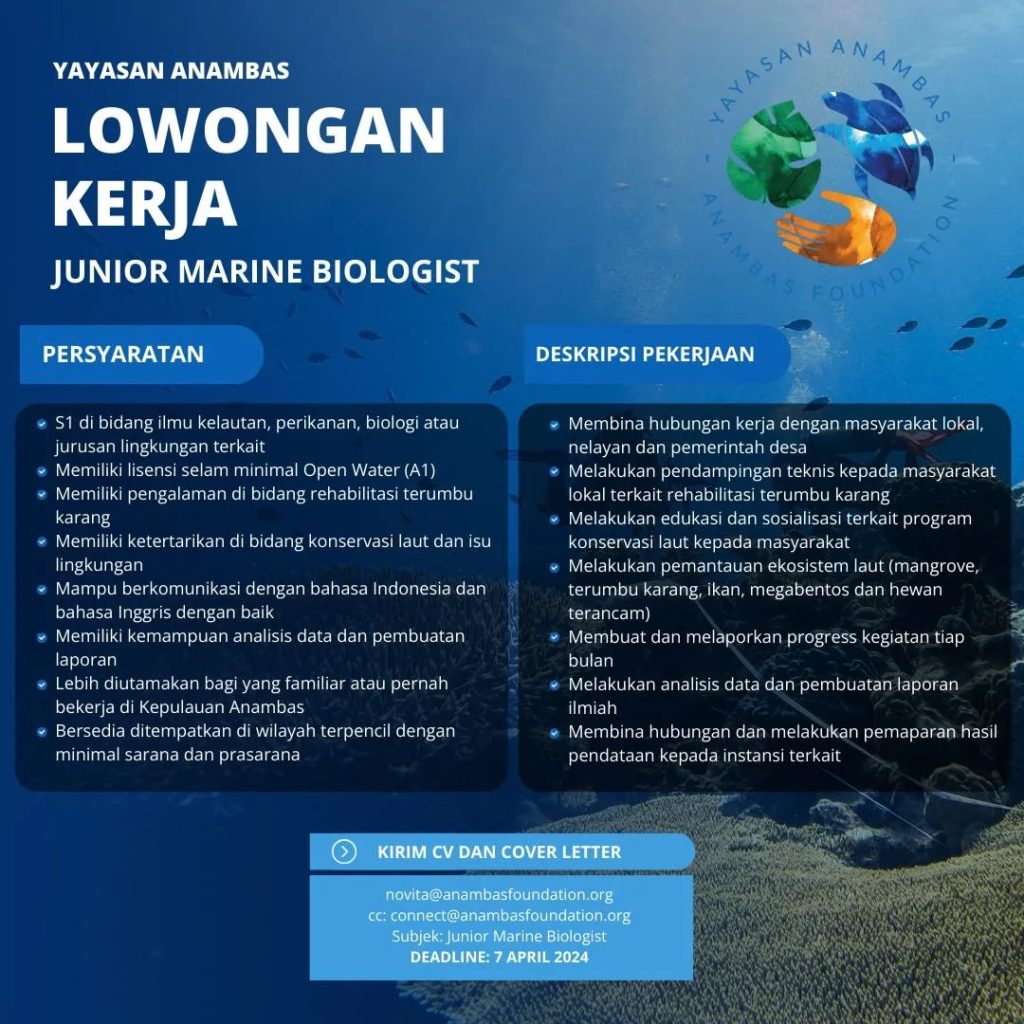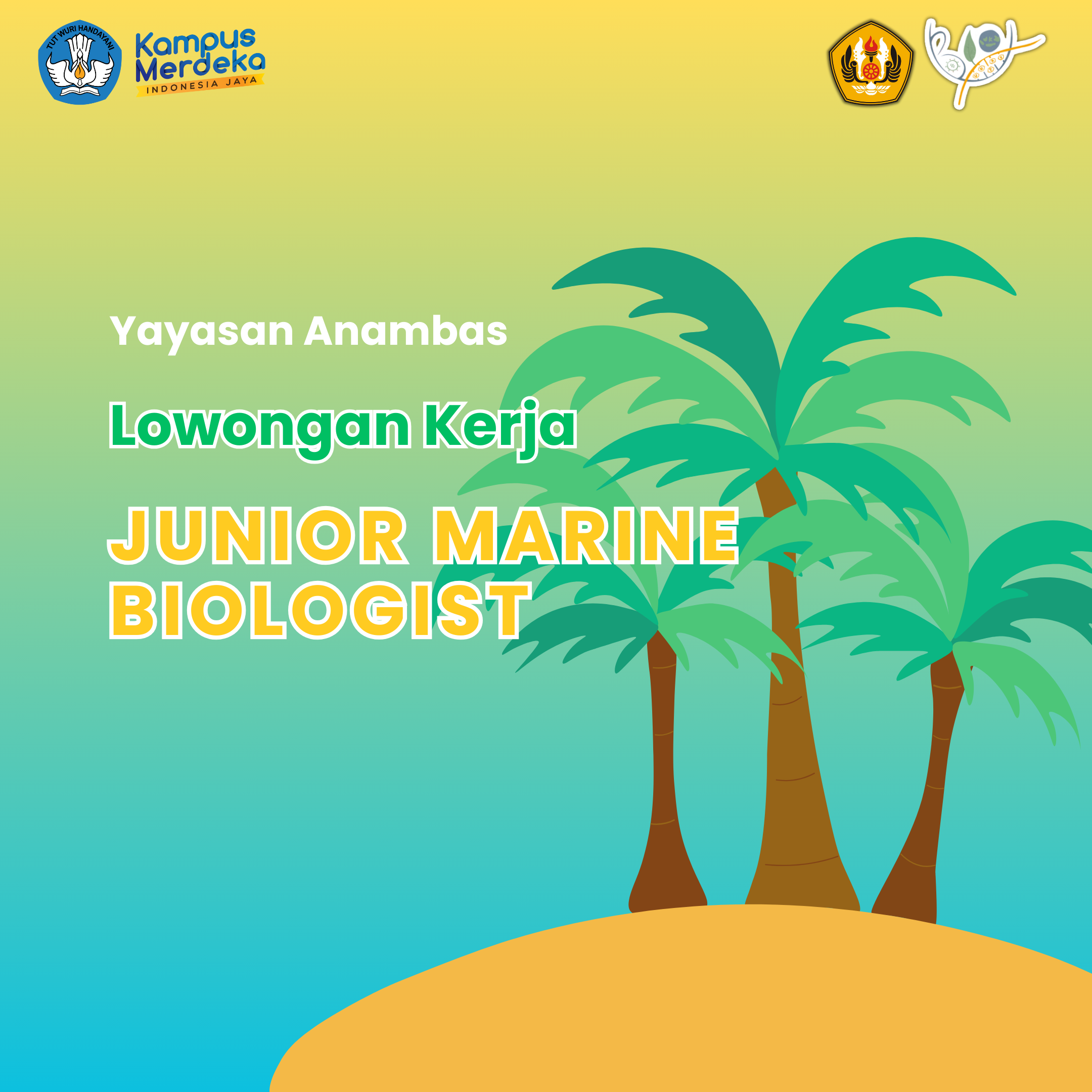The world’s oceans are teeming with life, from vibrant coral reefs to elusive marine creatures. As our understanding of marine ecosystems deepens, the need for dedicated marine biologists becomes increasingly critical. Among these professionals, the role of a Junior Marine Biologist stands out as a bridge between scientific research and practical conservation efforts.

Qualifications and Skills
To embark on this exciting career path, aspiring Junior Marine Biologists must meet specific qualifications:
- Educational Background: A Bachelor’s degree in marine science, fisheries, biology, or related environmental fields is essential. This foundational knowledge equips them to understand marine ecosystems, species interactions, and ecological processes.
- Scuba Certification: Proficiency in scuba diving is crucial. A minimum Open Water (A1) certification ensures that Junior Marine Biologists can explore underwater habitats, conduct surveys, and collect data effectively.
- Experience in Coral Reef Rehabilitation: Hands-on experience in coral reef restoration is highly valued. Understanding coral biology, threats to reefs, and techniques for rehabilitation prepares them for the challenges ahead.
- Passion for Conservation: Junior Marine Biologists should be deeply committed to marine conservation. Their work extends beyond research; they actively engage with local communities, policymakers, and other stakeholders to promote sustainable practices.
- Language Proficiency: Fluency in both Indonesian and English is essential. Effective communication allows them to collaborate with diverse teams, share findings, and advocate for conservation measures.
- Data Analysis and Reporting: Junior Marine Biologists analyze data collected during fieldwork. They create comprehensive reports, contributing valuable insights to conservation strategies.
- Familiarity with Anambas Islands: Preference is given to those who have worked in or are familiar with the Anambas Islands. These remote locations present unique challenges, requiring adaptability and resourcefulness.
Job Responsibilities
Junior Marine Biologists play a pivotal role in safeguarding marine environments:
- Community Engagement: They build strong relationships with local communities, bridging scientific knowledge with traditional wisdom. By involving residents in conservation efforts, they foster a sense of ownership and responsibility.
- Technical Assistance: Providing technical guidance to local communities regarding coral reef rehabilitation ensures sustainable practices. Junior Marine Biologists empower communities to actively participate in conservation activities.
- Education and Outreach: Through workshops, seminars, and awareness campaigns, they educate communities about marine conservation. Raising awareness about endangered species, pollution, and sustainable fishing practices is vital.
- Ecosystem Monitoring: Junior Marine Biologists monitor various marine ecosystems, including mangroves, coral reefs, fish populations, and benthic organisms. Their observations contribute to scientific knowledge and inform conservation policies.
Send CV and Cover Letter to the following email:
cc: connect@anambasfoundation.org
Subject: Junior Marine Biologist
Deadline: 7 April 2024
Conclusion
The role of a Junior Marine Biologist extends beyond scientific research—it’s about making a tangible difference in our oceans. By combining expertise, passion, and community engagement, these professionals contribute to the preservation of marine biodiversity for generations to come.
